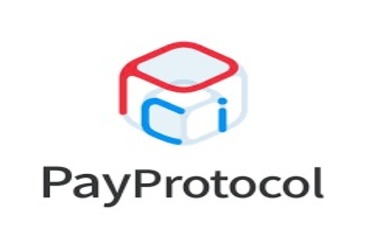
Paycoin app presently offers crypto exchange between Bitcoin (BTC) and Danal Fintech’s Paycoin (PCI) as part of the programme. Depositing Bitcoin into the Paycoin App, exchanging it into PCI, and using it in any of the Paycoin merchants’ network are all options available to users. Major blockchain networks including as Ethereum, ICON, Stacks, and TON are scheduled to be added to the supported cryptocurrency list in the future year, increasing the number of coins that may be supported.
It is a subsidiary of Danal, the largest Payment Gateway (PG) in South Korea, with a 50% market share in mobile payment. Danal is a publicly traded business on the KOSDAQ. Experts in the industry believe that Paycoin is planning to list on one or more worldwide exchanges, which will serve as a symbolic start for the cryptocurrency to begin spreading its blockchain-based payment services to the global market.
Although Paycoin is listed on the top three major exchanges in Korea, it has only been accessible to a small number of foreigners due to the KYC requirements in all of the Korean exchanges. The new global listing will open up Paycoin to a much wider range of people, allowing them to trade it and use it as payment. Paycoin was established in 2019 with the goal of addressing two critical issues in the payment industry: excessive merchant fees and a lengthy settlement wait. Paycoin was able to cut merchant costs to as low as 1 percent by using the benefits of blockchain technology, as opposed to conventional payment providers which charged 35%.
Furthermore, the settlement process was reduced from 30 days to only three days, a significant reduction in time. PayCoin was able to acquire more than 2 million users and form partnerships with more than 100,000 merchants across a wide range of industries, including some of the most well-known names in the business, such as Burger King, KFC, Domino’s Pizza, 7-Eleven, CGV (the largest movie theatre chain in Korea), Kyobo Bookstore (the largest bookstore chain in Korea), and many others.
This was made possible thanks to the backing of its parent firm, Danal. Paycoin, according to Danal, is the company’s most important growth engine in the future. Paycoin wallets are owned and used by all 2 million Paycoin users (mobile application). Paycoin is extending its wallet service to include a financial platform, in the same way other wallet platforms like as Venmo and Metamask are growing their wallet services to include financial platforms.
Paycoin wallet services envisions to provide many other useful functions in addition to payment functionality, such as in-app “Shopping,” where users can shop while earning PCI, in-app “Game,” where users can play in-app games while earning PCI, and crypto-based investment products, which will be released into the Paycoin platform in the near future. Based on the success of Paycoin in Korea, a company called ‘Danal Fintech’ hopes to establish a worldwide payment network similar to Visa and MasterCard by using blockchain technology. Paycoin aspires to increase the amount of benefit that may be returned to both merchants and customers in the global economy.
Paycoin CEO Ted Hwang stated that “in contrast to other blockchain services, more than 40% of Paycoin’s users are 20-30 year old women,” and that “our vision is to provide’simple and effective’ blockchain based services, beginning with a blockchain payment network, that can benefit both global users and merchants.”